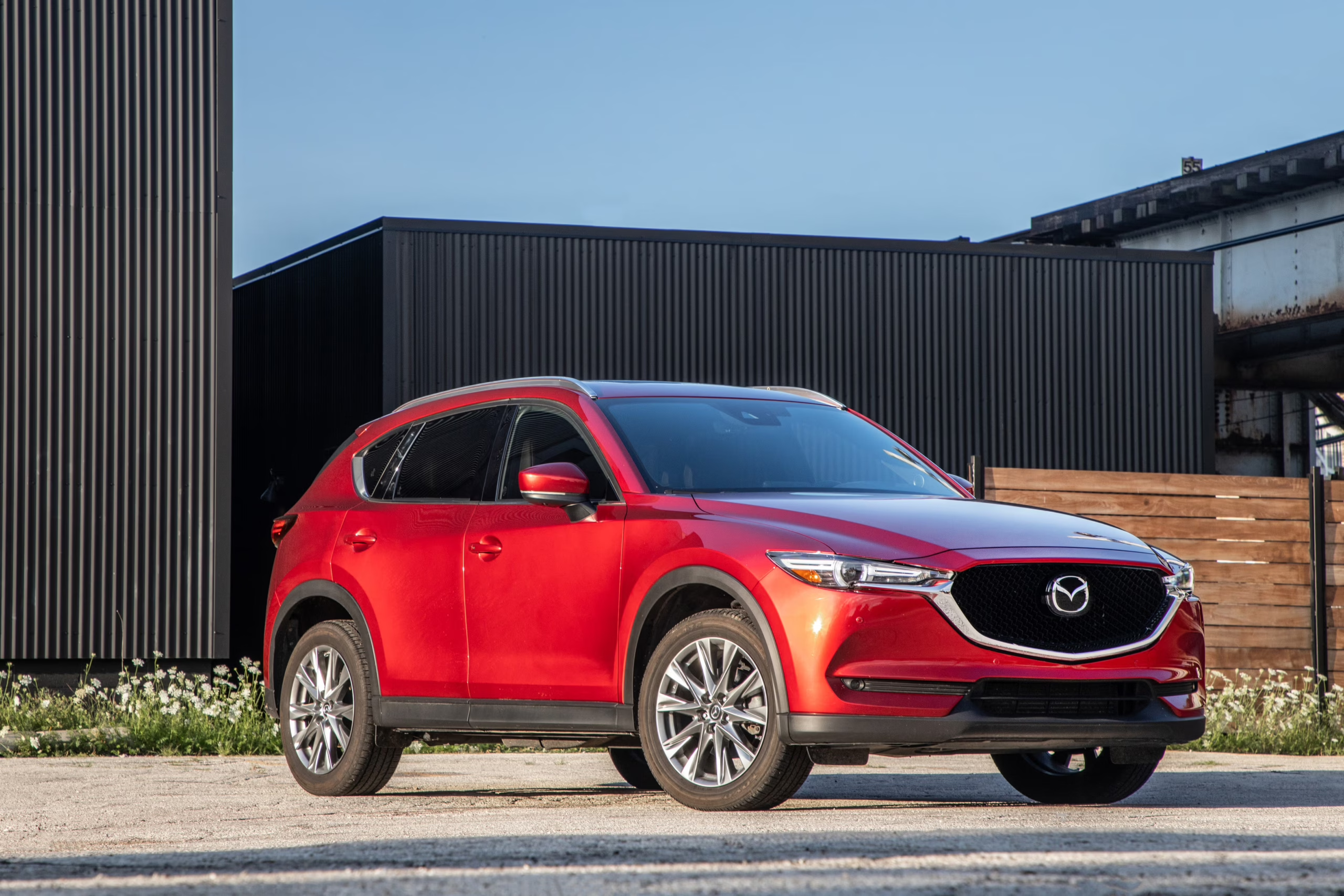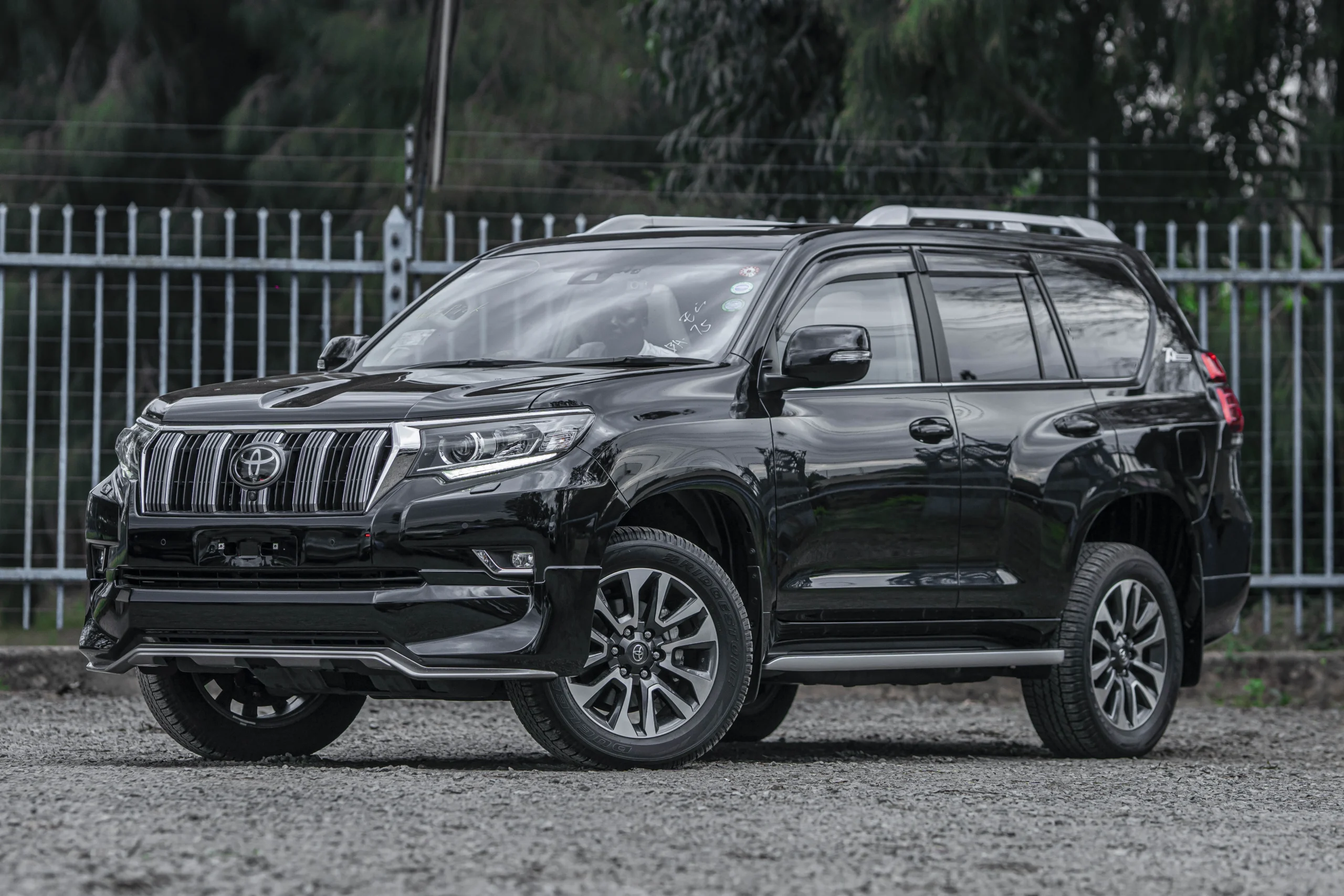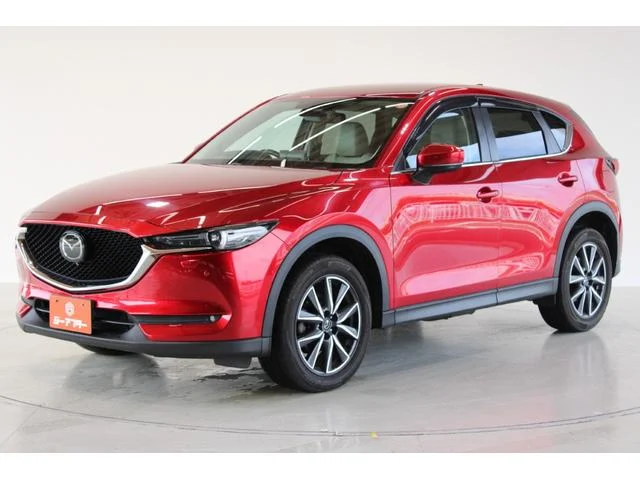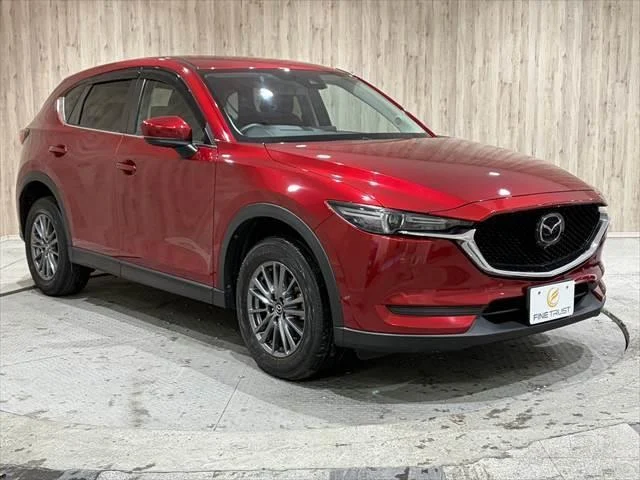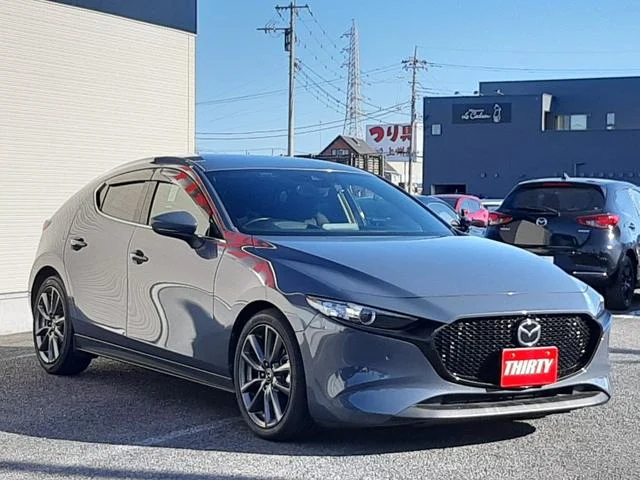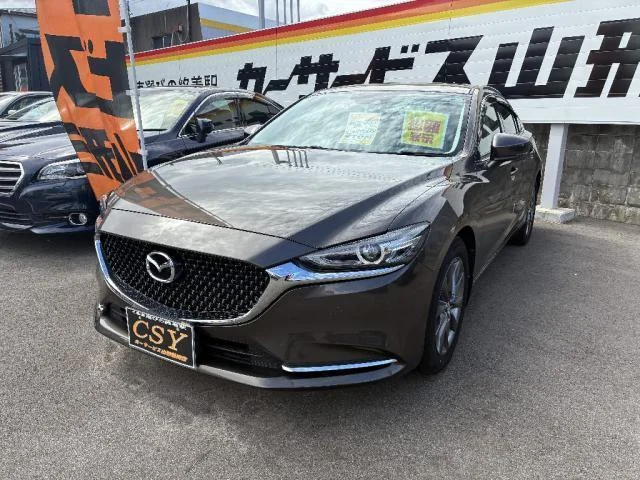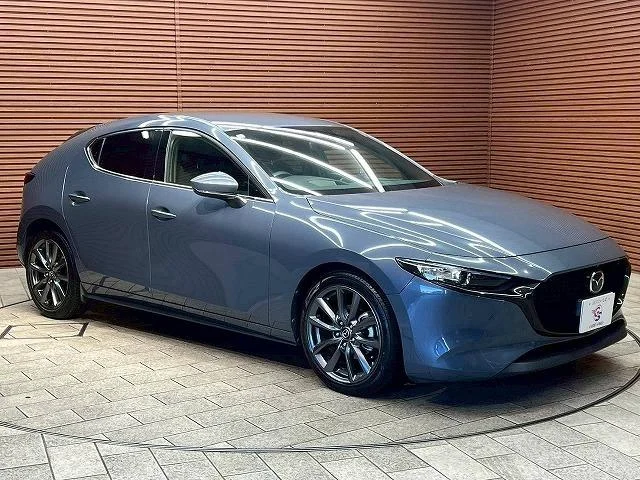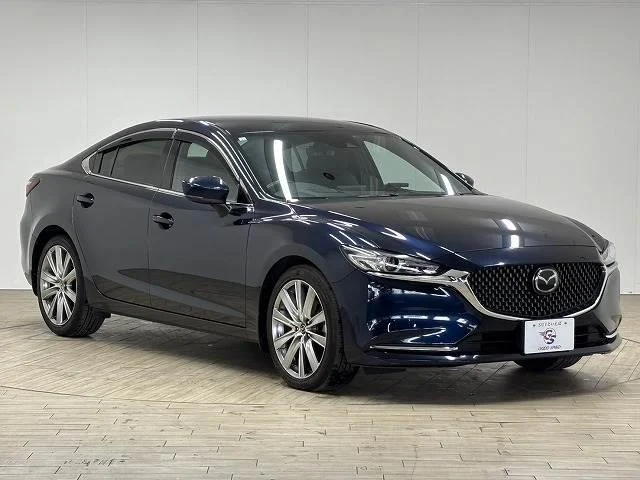Introduction
For individuals with disabilities in Kenya, reliable transportation is often a significant barrier to full participation in society.
Public transport can be inaccessible, and relying on others for mobility can be both limiting and costly.
Importing a vehicle tailored to specific needs – whether it’s a wheelchair-accessible van, a car with adaptive driving controls, or a vehicle with specialized seating – can dramatically improve quality of life.
It unlocks opportunities for employment, education, healthcare appointments, and social engagement, fostering a sense of independence and self-sufficiency.
The freedom to travel independently allows individuals to pursue their goals and aspirations without constant reliance on others, contributing to their overall well-being and integration into the community.
Imagine the possibilities – attending job interviews, visiting family and friends, or simply running errands without the constraints of limited mobility.
This is the power of accessible transportation, and importing a car is often the key to unlocking that potential.
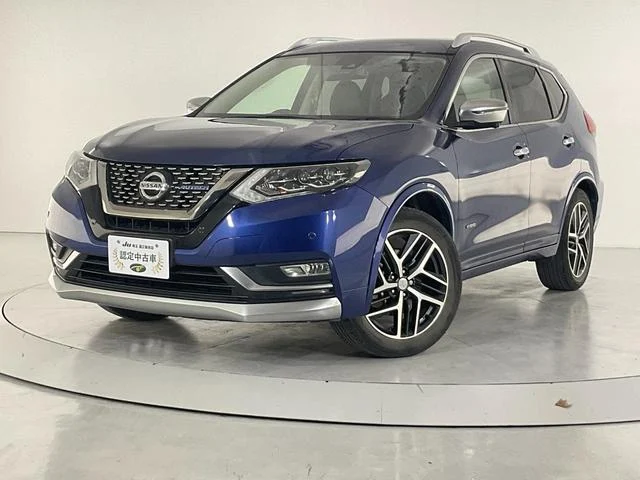
Understanding Kenyan Regulations for Importing Vehicles for Disabled Users
Importing any vehicle into Kenya is subject to specific regulations, but there are often concessions and exemptions for vehicles intended for disabled users.
The Kenya Revenue Authority (KRA) offers reduced import duties and taxes for vehicles specifically adapted for individuals with disabilities, provided certain conditions are met.
These conditions typically involve demonstrating a genuine need for the vehicle and providing supporting documentation from a medical professional.
It’s crucial to understand that the specific regulations can change, so staying updated with the latest KRA guidelines is essential.
The process involves submitting an application to the KRA, providing detailed specifications of the vehicle, and obtaining necessary approvals before the vehicle can be cleared for import.
Failing to comply with these regulations can result in delays, penalties, or even the rejection of the import.
Navigating these complexities can be challenging, which is why many individuals choose to work with a reputable car import service like Enan Motors, who are well-versed in Kenyan import regulations and can handle the paperwork on your behalf.
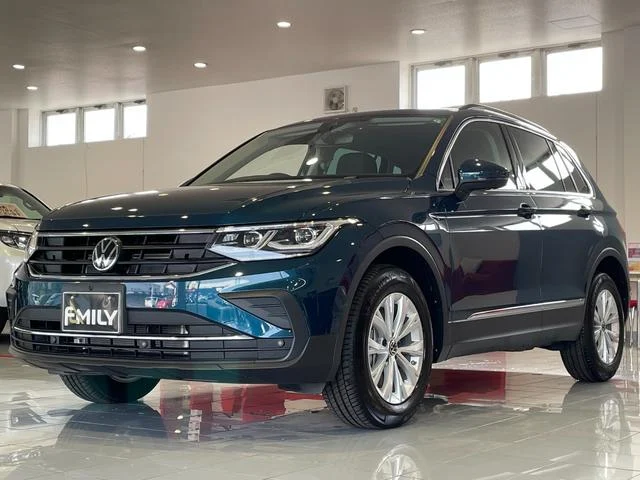
Eligibility Criteria and Documentation Required
To qualify for reduced import duties and taxes, you’ll need to meet specific eligibility criteria set by the KRA.
Generally, you must be a Kenyan citizen with a documented disability.
This typically requires a medical report from a registered medical practitioner clearly stating the nature of your disability and the necessity of a modified vehicle to facilitate mobility.
The report should detail the specific adaptations required and how they address your disability.
Other required documentation includes a copy of your national ID or passport, proof of residency, and a pro forma invoice from the supplier detailing the vehicle’s specifications and cost.
It’s also important to have a valid import declaration form (IDF) and a certificate of conformity (CoC).
The documentation process can be intricate, and ensuring accuracy is paramount. Contact us today to discuss your specific needs and ensure you have all the necessary documentation in order.
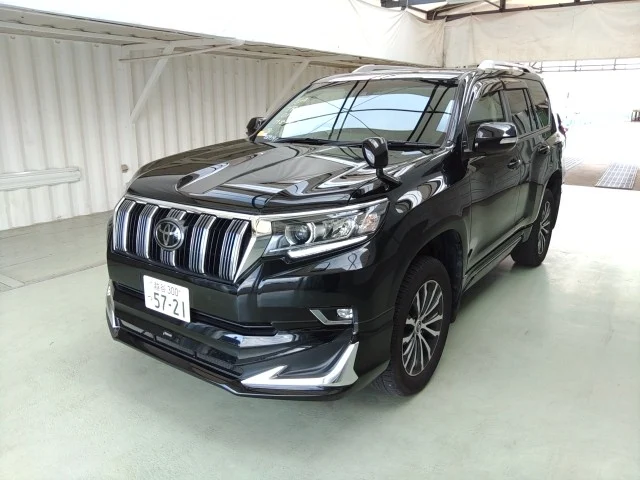
Choosing the Right Accessible Vehicle: Types and Features
Selecting the right accessible vehicle is a crucial decision, as it directly impacts your comfort, safety, and independence.
Several vehicle types cater to different disabilities and needs.
Wheelchair-accessible vans are popular for individuals who use wheelchairs, offering ramps or lifts for easy access.
Cars with adaptive driving controls are suitable for individuals with limited mobility in their arms or legs, featuring features like hand controls, steering knobs, and pedal extensions.
Consider the size of the vehicle, the number of passengers it needs to accommodate, and the terrain you’ll be driving on.
Features to look for include comfortable and supportive seating, ample space for mobility aids, and safety features like airbags and anti-lock brakes.
Researching different models and comparing features is essential.
Our Inventory showcases a range of vehicles that might suit your needs.

Step-by-Step Import Process Overview
The car import process in Kenya involves several key steps.
First, identify and purchase your desired vehicle from a reputable supplier.
Next, obtain a pro forma invoice and all necessary documentation.
Then, apply for an import declaration form (IDF) and a certificate of conformity (CoC) from the KRA.
Once these are approved, arrange for shipping the vehicle to Kenya.
Upon arrival, the vehicle will undergo customs clearance, which involves paying applicable duties and taxes.
Finally, register the vehicle with the National Transport and Safety Authority (NTSA) and obtain a Kenyan license plate.
This process can be complex and time-consuming, requiring meticulous attention to detail.
To simplify the process, consider utilizing the expertise of a professional car import service like Enan Motors, who can handle all aspects of the import process on your behalf, ensuring compliance with all regulations and minimizing potential delays.
We can guide you through each step, from initial documentation to final registration.
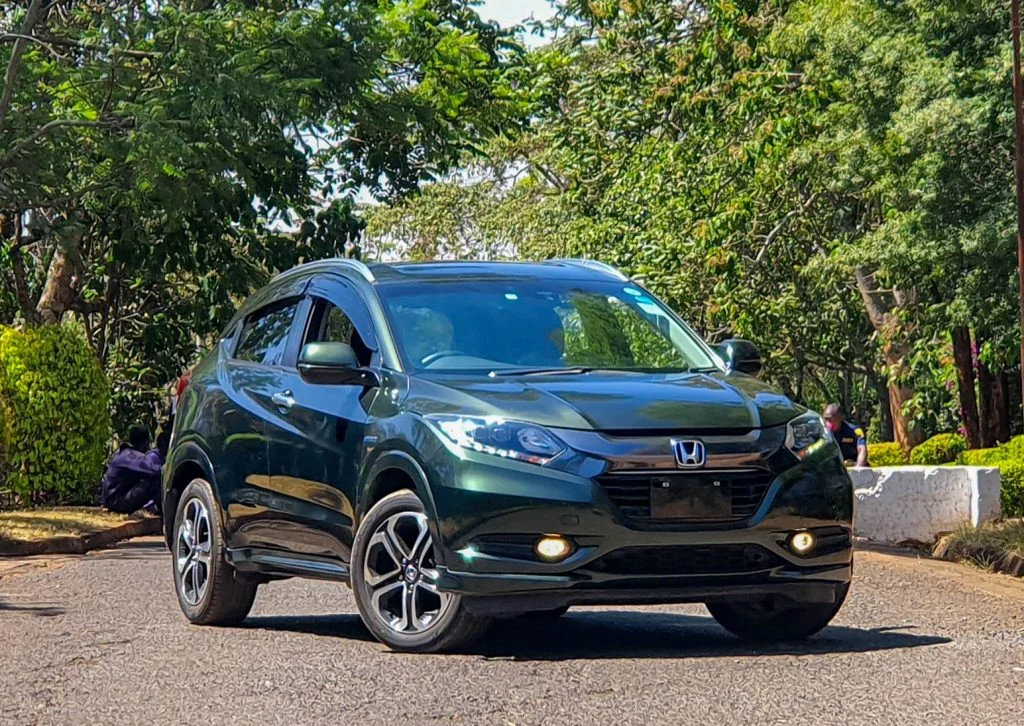
Cost Breakdown: Duties, Taxes, Shipping, and Modifications
Importing a car involves various costs beyond the vehicle’s purchase price.
Import duty rates vary depending on the vehicle’s engine capacity and age.
Value Added Tax (VAT) is also applicable on the imported vehicle.
Shipping costs depend on the vehicle’s size, weight, and destination.
Additional costs include customs clearance fees, port charges, and registration fees.
Finally, factor in the cost of any necessary modifications to make the vehicle fully accessible.
These modifications can range from installing ramps and lifts to adapting driving controls.
A realistic budget should account for all these expenses.
Getting a detailed cost estimate from a car import service like Enan Motors is highly recommended to avoid unexpected expenses.
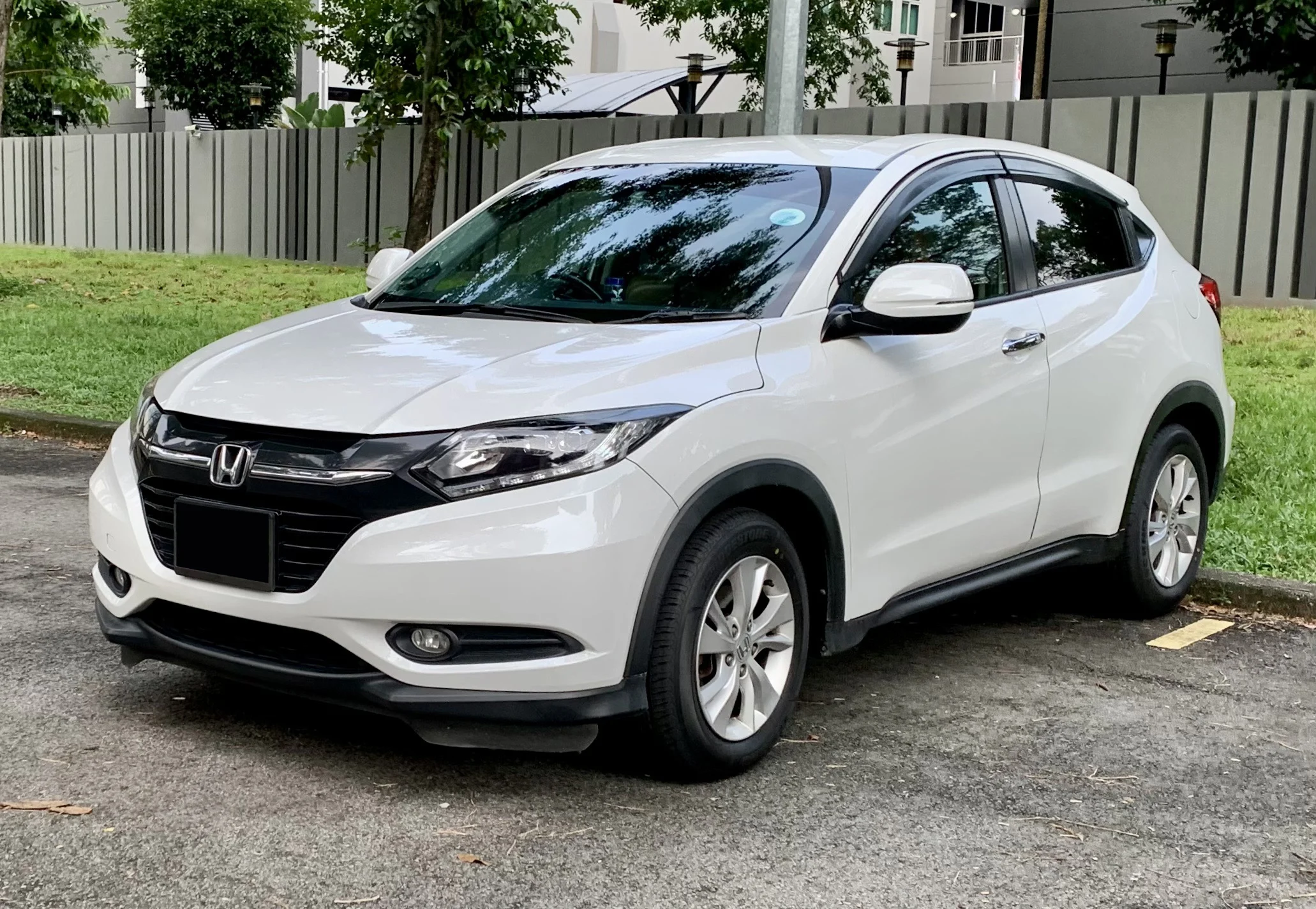
Financing and Insurance Options for Disabled Car Importers
Securing financing for importing a vehicle can be challenging, but several options are available.
Banks and microfinance institutions offer loans for vehicle imports, although interest rates may vary.
Some organizations provide financial assistance specifically for individuals with disabilities.
It’s essential to compare different financing options and choose the one that best suits your budget and repayment capacity.
Insurance is also a crucial consideration.
Ensure you obtain comprehensive insurance coverage that includes liability, theft, and damage.
Some insurance providers offer specialized policies for modified vehicles, providing additional coverage for adaptations.
Researching different insurance providers and comparing quotes is essential to find the best value.
We can assist you in connecting with reputable financial institutions and insurance providers to facilitate your car import journey.
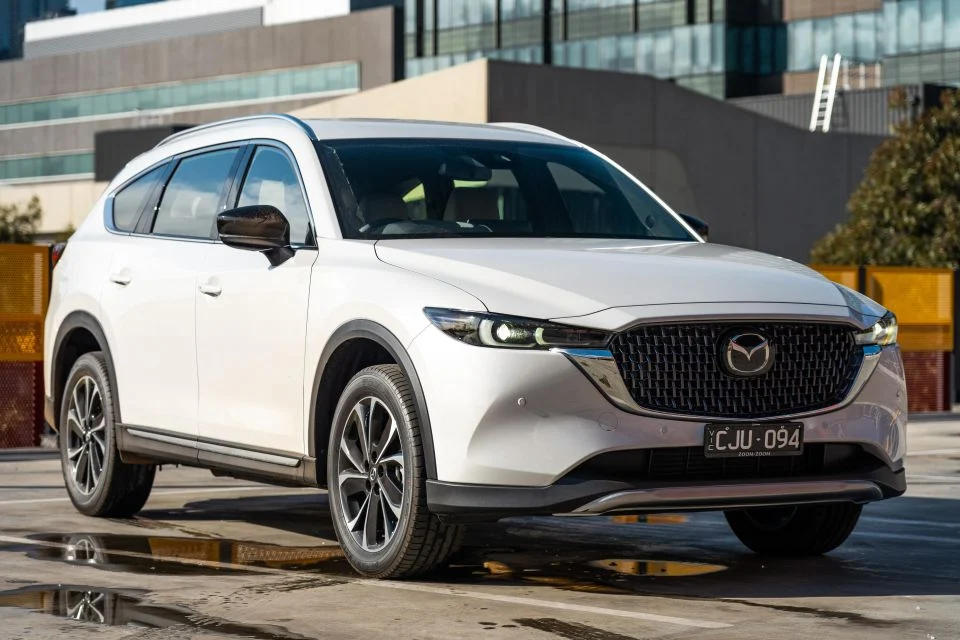
Common Pitfalls and How to Avoid Them
Several common pitfalls can derail the car import process.
One is failing to accurately declare the vehicle’s value, which can lead to penalties and delays.
Another is using an unreliable shipping company, which can result in damage or loss of the vehicle.
Underestimating the cost of modifications is another frequent mistake.
To avoid these pitfalls, conduct thorough research, work with reputable suppliers and shipping companies, and obtain detailed cost estimates for all expenses.
Engaging a professional car import service like Enan Motors can help you navigate these challenges and ensure a smooth and successful import.
We have years of experience handling car imports and can provide expert guidance every step of the way.
Don’t risk costly mistakes – let us handle the complexities for you.
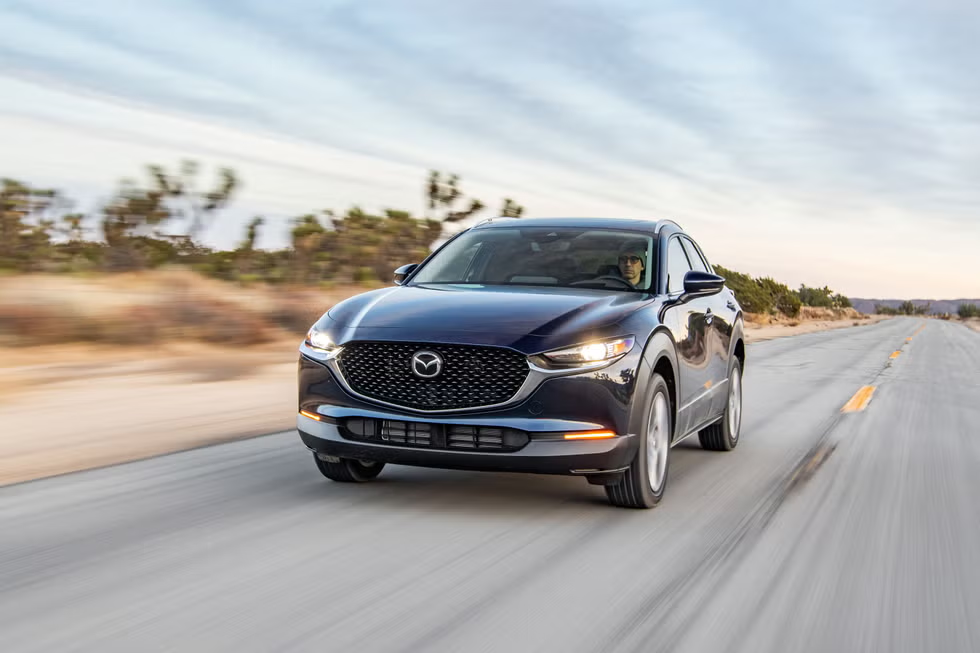
Resources, Support Agencies, and Final Checklist
Several resources and support agencies can assist disabled individuals in Kenya with car importation.
The National Council for Persons with Disabilities (NCPD) provides information and support services.
Various NGOs offer financial assistance and advocacy for individuals with disabilities.
Before finalizing your import, create a final checklist to ensure you haven’t overlooked any crucial steps.
This checklist should include verifying all documentation, confirming shipping arrangements, obtaining necessary approvals from the KRA and NTSA, and securing insurance coverage.
Remember to keep copies of all documents for your records.
For a comprehensive list of resources and support agencies, About Enan Motors provides valuable information.
We are committed to helping you achieve your goal of independent mobility.

Conclusion
Importing a car for a disabled person in Kenya is a significant undertaking, but the rewards – increased independence, mobility, and quality of life – are immeasurable.
By understanding the regulations, navigating the import process effectively, and securing appropriate financing and insurance, you can realize your dream of accessible transportation.
Don’t hesitate to seek professional assistance from a reputable car import service like Enan Motors to streamline the process and ensure a hassle-free experience.
We are dedicated to providing exceptional service and helping you achieve your mobility goals.
For any inquiries or assistance, feel free to call us, email us, or message us on WhatsApp.
Your journey to independent mobility starts here.
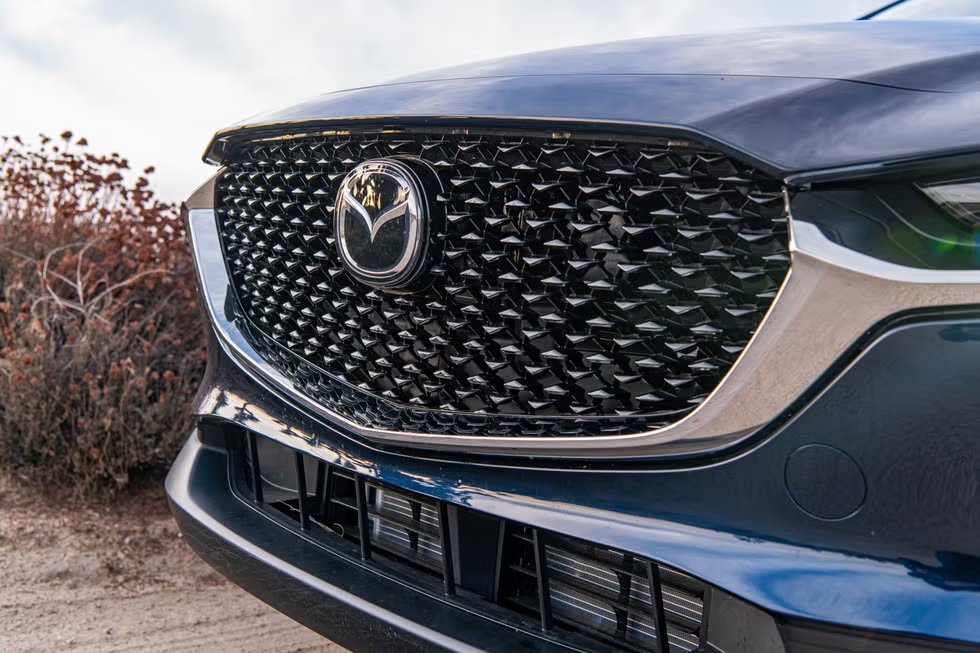
FAQ
- What are the specific medical requirements for proving disability?
A detailed medical report from a registered medical practitioner is required, clearly stating the nature of your disability and the necessity of a modified vehicle. - How long does the car import process typically take?
The process can take anywhere from 6 to 12 weeks, depending on factors like shipping times and customs clearance. - Can I import a used car, or are new cars preferred?
Both used and new cars can be imported, but import duties and taxes may vary depending on the vehicle’s age. - What are the potential challenges in securing financing for car imports?
Interest rates can be higher, and some financial institutions may require collateral or a guarantor. - What is the role of Enan Motors in the car import process?
Enan Motors provides comprehensive car import services, handling documentation, customs clearance, shipping, and registration, ensuring a smooth and compliant import experience.


